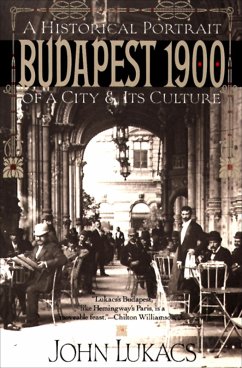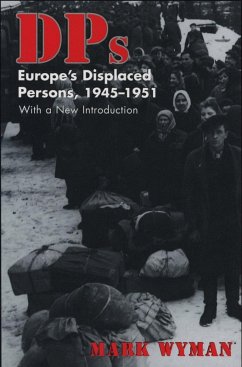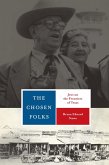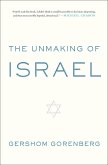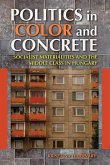A distinguished historian and Budapest native offers a rich and eloquent portrait of one of the great European cities at the height of its powers. Budapest, like Paris and Vienna, experienced a remarkable exfoliation at the end of the nineteenth century. In terms of population growth, material expansion, and cultural exuberance, it was among the foremost metropolitan centers of the world, the cradle of such talents as Bartók, Kodály, Krúdy, Ady, Molnár, Koestler, Szilárd, and von Neumann, among others. John Lukacs provides a cultural and historical portrait of the city-its sights, sounds, and inhabitants; the artistic and material culture; its class dynamics; the essential role played by its Jewish population-and a historical perspective that describes the ascendance of the city and its decline into the maelstrom of the twentieth century. Intimate and engaging, Budapest 1900 captures the glory of a city at the turn of the century, poised at the moment of its greatest achievements, yet already facing the demands of a new age. "Lukacs's Budapest, like Hemingway's Paris, is a moveable feast." -Chilton Williamson "Lukacs's book is a lyrical, sometimes dazzling, never merely nostalgic evocation of a glorious period in the city's history." - The New York Review of Books "A reliable account of a beautiful city at the zenith of its prosperity." - Publishers Weekly
Dieser Download kann aus rechtlichen Gründen nur mit Rechnungsadresse in A, B, BG, CY, CZ, D, DK, EW, E, FIN, F, GR, HR, H, I, LT, L, LR, NL, PL, P, R, S, SLO, SK ausgeliefert werden.

